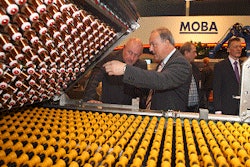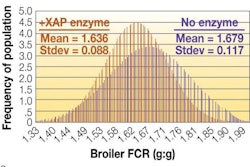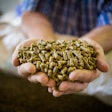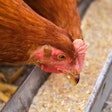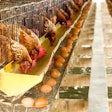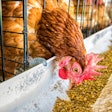A recent Council for Agricultural Science and Technology (CAST) issue paper on the labeling of genetically engineered (GE) food puts it bluntly: “Informed discourse about this emotional issue is hard to find.”
The 16-page report, “The Potential Impacts of Mandatory Labeling for Genetically Engineered Food in the United States,” examines the contradictory arguments about consumer choice, the right to know and food safety that shape public opinion.
Should poultry producers care about this debate? After all, state labeling bills in many cases exempt food products obtained from animals raised on feed derived from GE crops. Poultry producers nonetheless have vital interest in the issue.
Even if poultry products were to be exempted from labeling requirements, there would be economic costs to be borne as the result of labeling requirements on other foods. The CAST report poses a number of GE labeling scenarios, all of which could potentially increase corn and soybean meal prices.
Genetically engineered misinformation casts a shadow
What’s more, the GE issue casts a growing shadow in the minds of consumers over food production, including poultry. Even though poultry are not genetically engineered, broiler flocks eat feeds made from genetically modified (GM) grains, and there are people who are ready to use this as a wedge issue between you, your customers and consumers.
The authors of the CAST article conclude, “Independent objective information on the scientific issues and the possible legal and economic consequences of mandatory GE food labels need to be provided to legislators and consumers, especially in states with labeling initiatives on the ballot, to help move the national discussion from contentious claims to a more fact-based and informed dialogue.”
Should poultry producers take the lead in countering misinformation and shaping public opinion? No, they probably should not. In fact, many of the forces calling for mandatory GE labeling are neither interested in nor motivated by scientific facts. It would be shortsighted, however, for poultry producers to fail to respond to the issue and the threat it poses.



